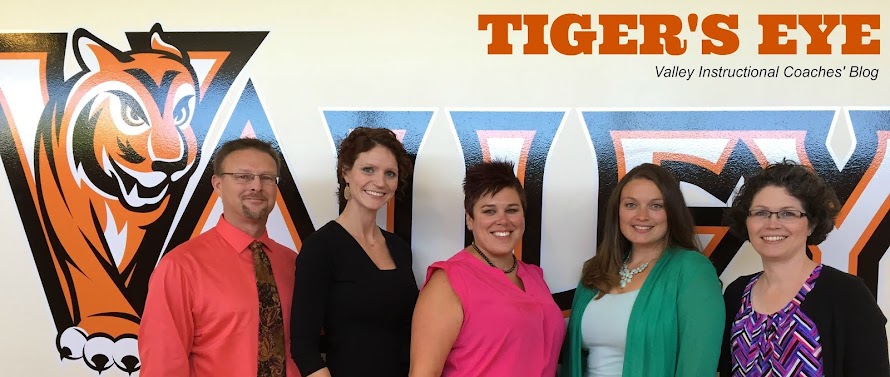As
I work together with my teams, and I see the passion of the teachers I work
with, I am reminded of a TAPs story we used to tell at the summer camp that I
worked at during my high school and college years. It is an intriguing story,
similar to one of Aesop’s Fables.
Bundle of Sticks…
Long ago, on the
shores of the Wapsipinicon River, there was an Indian tribe whose chief was in
failing health. Having no clear heir to the chief, the council of elders developed
a test to find one. The first tribe member to pass the test would become the
tribe’s new chief. The test aimed to establish someone that would handle the
power and prestige of the position with grace and dignity, and use their mind
to lead the tribe successfully into the future.
The day of the test
came and there was a long line of tribesmen outside the chief’s teepee, each
with hopes of becoming the next chief. The tribe’s best warrior, and most would
say the strongest, had waited outside since the night before to be first in
line for his chance. The young warrior stepped into the teepee, while the
others in line resigned themselves to him passing the test and being the next
chief. Nonetheless, they continued to wait in line just in case. The young
warrior stepped up and one elder handed him a bundle of twelve sticks tied
together with two pieces of rope. The chief gave him the simple instructions, “Break
all twelve sticks, and you will be the new chief.”
The strong warrior
chuckled to himself, thinking that this was such a simple task of strength that
he was a shoe-in to be the next chief. With all his might, he bent the bundle
of sticks, and a few broke, but not all. He left the teepee, defeated.
The next man in line
was given the same task. He was a very bright member of the tribe. He had been
responsible for inventing the “everlasting torch” at the entrance to the
village. He thought for a moment, raised the bundle of sticks in the air, and
slammed it down over his knee. This time, more sticks broke, but not all. He
too left the teepee defeated. All day long, one by one, the tribesmen failed
the test. It was getting dark now and the council became skeptical that they
would be establishing a new chief that day.
A teenage boy had
returned from a hunting trip, and when he dropped the food off for his family
he was surprised to learn that no one had passed the test. With his family’s
encouragement, he went to the chief’s teepee. The boy was given the same task
that so many before him had failed. He took the bundle of sticks from the
council and looked it over very carefully. Different strategies ran through his
head, but he quickly dismissed most, thinking these had been tried by the
others. Then, he calmly set the bundle of sticks on the ground and knelt down
next to it. He untied the two ropes holding the bundle together, and removed
each stick individually, breaking one at a time until he had broken all twelve.
The council walked out of the teepee with the boy and announced that he would
be the next chief.
There
are many parallels we can draw between this story and our lives in education. I
will let you draw most of those comparisons on your own. There is one, however,
that applies to all facets of our educational system (students, teachers,
parents, administration, etc.). If we are of one mind, and unite to assist each
other, we will be like this bundle, unbroken by the forces working against us.
If we are divided among ourselves, we will be broken as easily as these
sticks. The students’ success, just like the tribe, depends on it.








